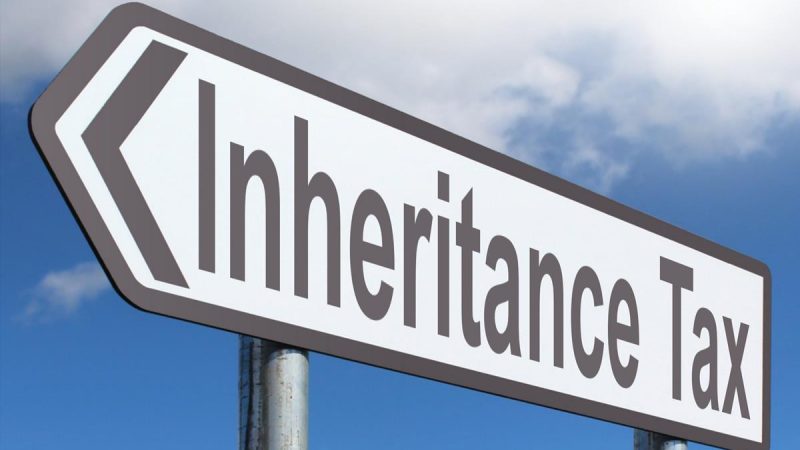
In yesterday’s Budget the Chancellor of the Exchequer Rishi Sunak announced that the pensions lifetime allowance and the thresholds for Inheritance Tax (IHT) and Capital Gains Tax (CGT) will be frozen at their current rates. In the case of Inheritance Tax, the freeze will last until 2026.
Inheritance Tax is the tax applied to an estate (the property, money, possessions and other assets) left by someone when they die and currently provides the UK government with around £5.4bn of tax revenue every year.
At the moment people can claim two separate tax-free allowances for inheritance:
Although the residence nil-rate band was due to rise with inflation in April 2021, the Budget has confirmed it will now be frozen with the nil-band rate until 2026.
While the freeze on Inheritance Tax means that married couples and civil partners can still give away up to £1m following the death of both parties (as long as the first to die has left everything to their spouse of partner), some commentators have been quick to say the freeze on Inheritance Tax rates will cause the associated liability to increase in line with the inevitable rises in house prices and wealth levels.
Understandably Mr Sunak was keen to stress the freeze means people would not be left worse-off or left taking home any less than they were. He feels the freezing of personal thresholds is a fair alternative to – as was feared – raising the rates of income tax, national insurance, or VAT in the Budget and in his statement to MPs he called the freeze “a tax policy that is progressive and fair.”
Whether this is the case remains to be seen and the overall position could well change in subsequent Budgets as the Exchequer is forced to review its plan to recoup the cost of the ongoing COVID pandemic.
Regardless of what does happen, we would strongly advise you to review your own IHT plans.
We did suggest some of the steps you could take to limit your inheritance tax liability in case the IHT rate is increased in the future in a recent blog. However, these are general tips. To receive the very best advice it is always better to discuss your exact circumstances with an experienced lawyer.
Similarly, if you are concerned that your estate may attract a higher level of tax than it should or you are planning to make financial gifts to your family during your lifetime, it is always advisable to seek estate planning advice to make sure you do it in the most financially and tax efficient way.
If you would like to review your inheritance tax planning provisions now and discuss what you could do to mitigate any future changes to the IHT rate, please email deniece.lines@collinshoy.com or call Deniece on 0208 866 1820.